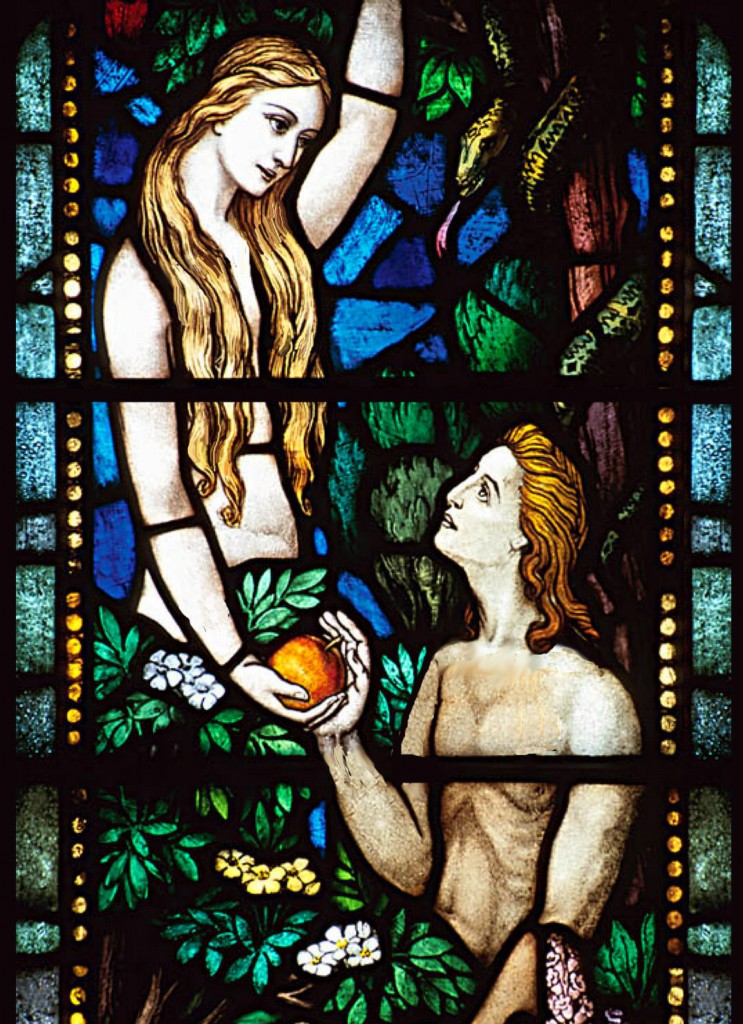Faith is a living, daring confidence in God’s grace. ~Martin Luther
On any hair-raising adventure of faith, fear is the backseat driver.
Abraham was a fearful, anxious man, an unlikely role model. Read Genesis 12-23. You’ll wince as the father of our faith makes the self-protective choice at almost every turn.
Twice, he throws his wife Sarah under the bus to save his own skin. When Sarah returns the cruel favor with Hagar as her target, Abraham hides behind his newspaper, and barely blinks when his first-born son is driven to the wilderness to die.
Abraham doesn’t strike me as wicked, just sadly normal. In his myopic view, other people are shadows, their needs less important than his own survival.
If Facebook had existed then, Abraham would have posted mostly pictures of himself.
Fear Is The Old Norm
I know what it’s like to walk through my day with my head down, muffled in a fog of anxiety and worry, forgetting I’m not the only one who matters. And so do you.
Fear is the normal, logical response to a world where no one is in charge, where there is no one to protect you. And your inadequacy as your own god becomes more alarming by the moment.
Faith is something else. Beautiful, demanding, an everyday slog, a breath-taking thrill. Illogical, insane, unless there really is Someone in charge.
But ever since Genesis 3, insecurity is the voice our inner GPS can hear best. So God’s solution is not to seek out the fearless few. Instead he chooses one of us–flawed but willing–and goes to work.
Faith Must Be Tested
Abraham’s biography is both pitiful and powerful, climaxing in the most unbearable test of all. God asks the long-promised son be given back, with no explanation. Take your son, your only son Isaac, whom you love…and offer him there as a burnt offering…” More ink, and more angst, has been spilled about this story than any other in the Old Testament, so terrible and unique is God’s command. But Abraham’s example offers bracing comfort for all who walk by faith:
- God knows us well, the places where we cower, our deepest, unspoken fears.
- His aim is not our comfort, but a complete and glorious cure.
- The only way we can know God provides is to be emptied of all provision.
- When we are willing to give everything to God, his plan is set in motion to bless the world through us.
God could make life easy. He could cater to our insecurity and pamper us with a well-paved life. But we’d never learn, as Abraham did, with God we have nothing to fear. Jehovah Jireh, God will provide.
Genesis 22 Hebrews 11:17-19
How is God leading you from fear to faith?
In our series, An Alphabet Adagio, we are savoring the story of the Bible, our story, alphabetically. You can subscribe to e-mail above so you won’t miss a letter. Next: G is for Grit and Glory.





